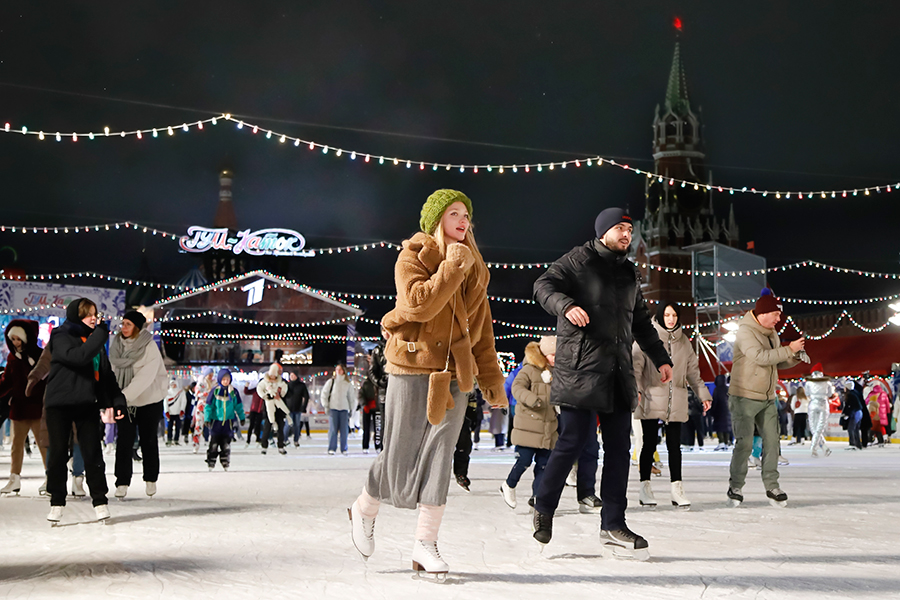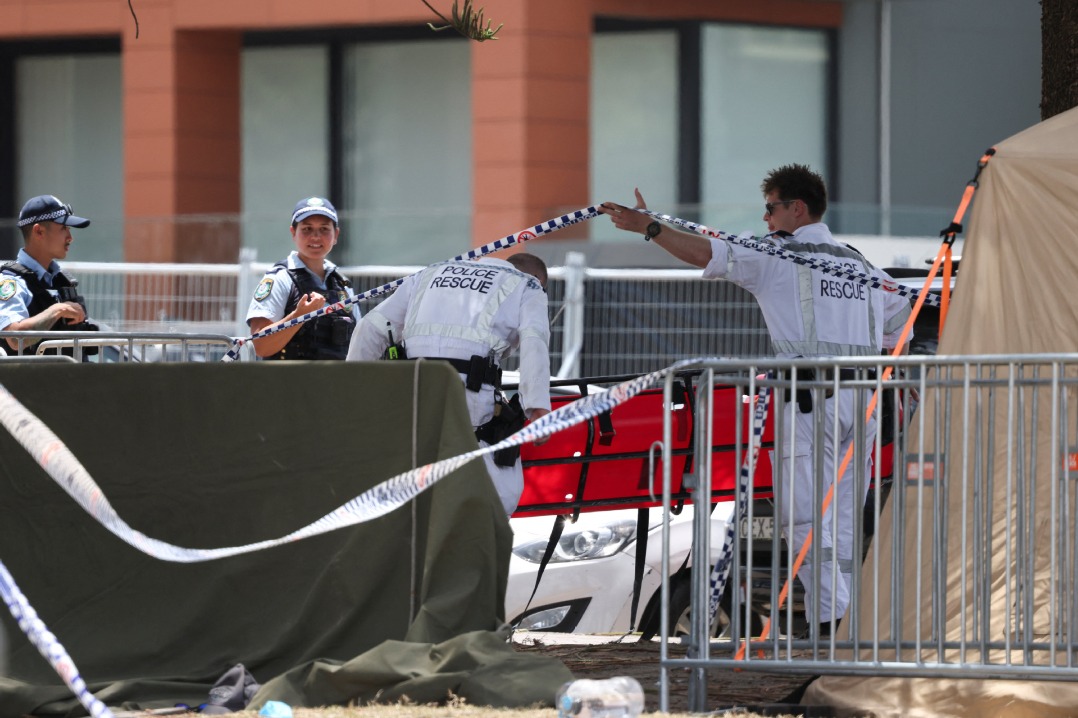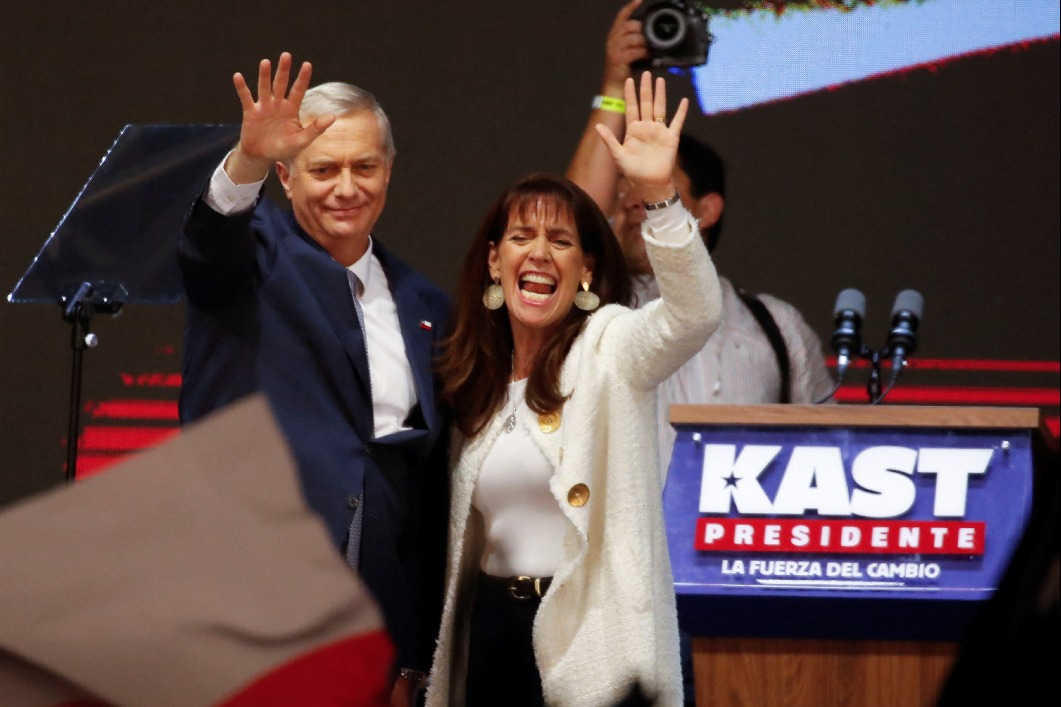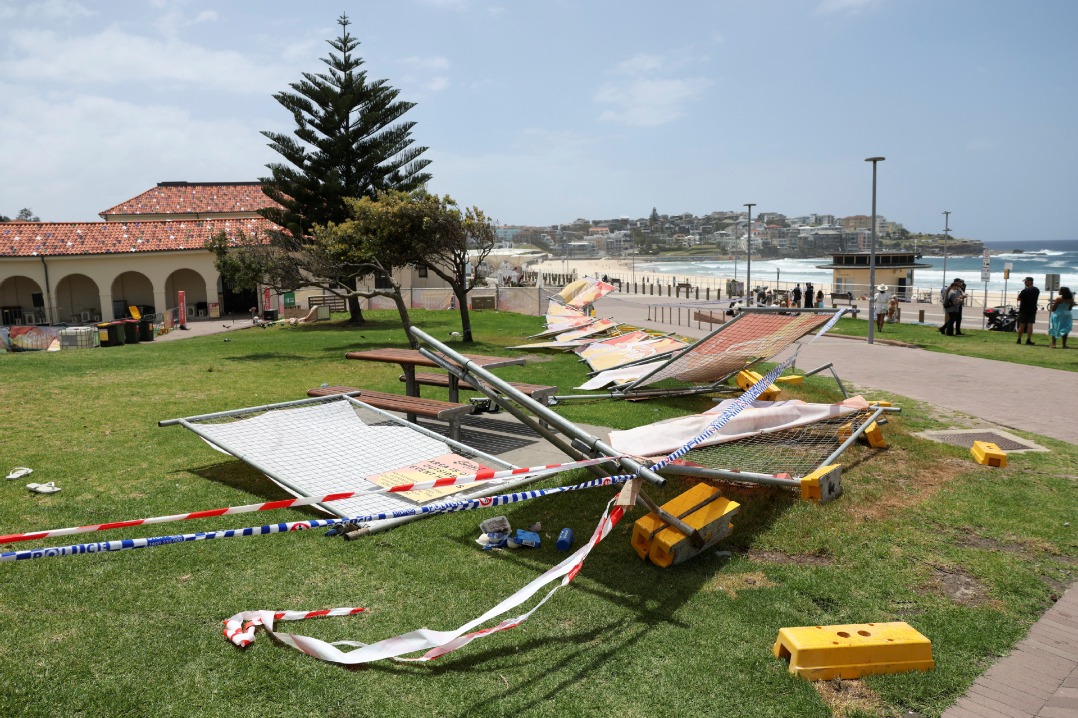Russian lives 'remain stable' amid conflict


But sweeping Western sanctions have led to breakdowns in supply relationships that have existed for decades
Heavy snowfall blanketed Moscow in mid-December, disrupting traffic, delaying flights and leaving pavements buried in snow across the Russian capital.
In parts of Moscow, snow piled into mounds over 30 centimeters high, something not usually seen until the end of winter in February.
But for the public, winter is no different from before the ongoing conflict with Ukraine, as the authorities did not raise heating fees. In some apartments, room temperatures can be as high as 27 C.
"Life has to go on," Pavel Izmailov, who owns a medical device agency in Moscow, said. His company offers services for foreign medical device registrations in Russia and helps sell those devices to hospitals and rehabilitation centers.
He said most people have continued with life as before, and barely remember the conflict nearly 400 kilometers away from Moscow.
"Prices rose, of course, due to Western sanctions and exits of some foreign companies and logistics enterprises. But basically, I don't see anything different from my life one year ago," he said.
Izmailov has just participated in the 2022 Russian Medical Exhibition, and he met several new potential business partners at the fair.
"If you were at the exhibition, you will be surprised to see so many companies participating and so many buyers from all over Russia," he said.
He also said several rounds of sanctions did hit Russia's economy, but not as much as the West had expected. Some companies, who had claimed to have left Russian markets, eventually stayed on in various forms.
Some companies left Russia under their current names, but transferred their assets to other owners, Izmailov said.
"For instance, French brand L'Occitane returned to Russia by the end of May, under their Russian name, which means 'L'Occitane' in Russian alphabets," he said.





























